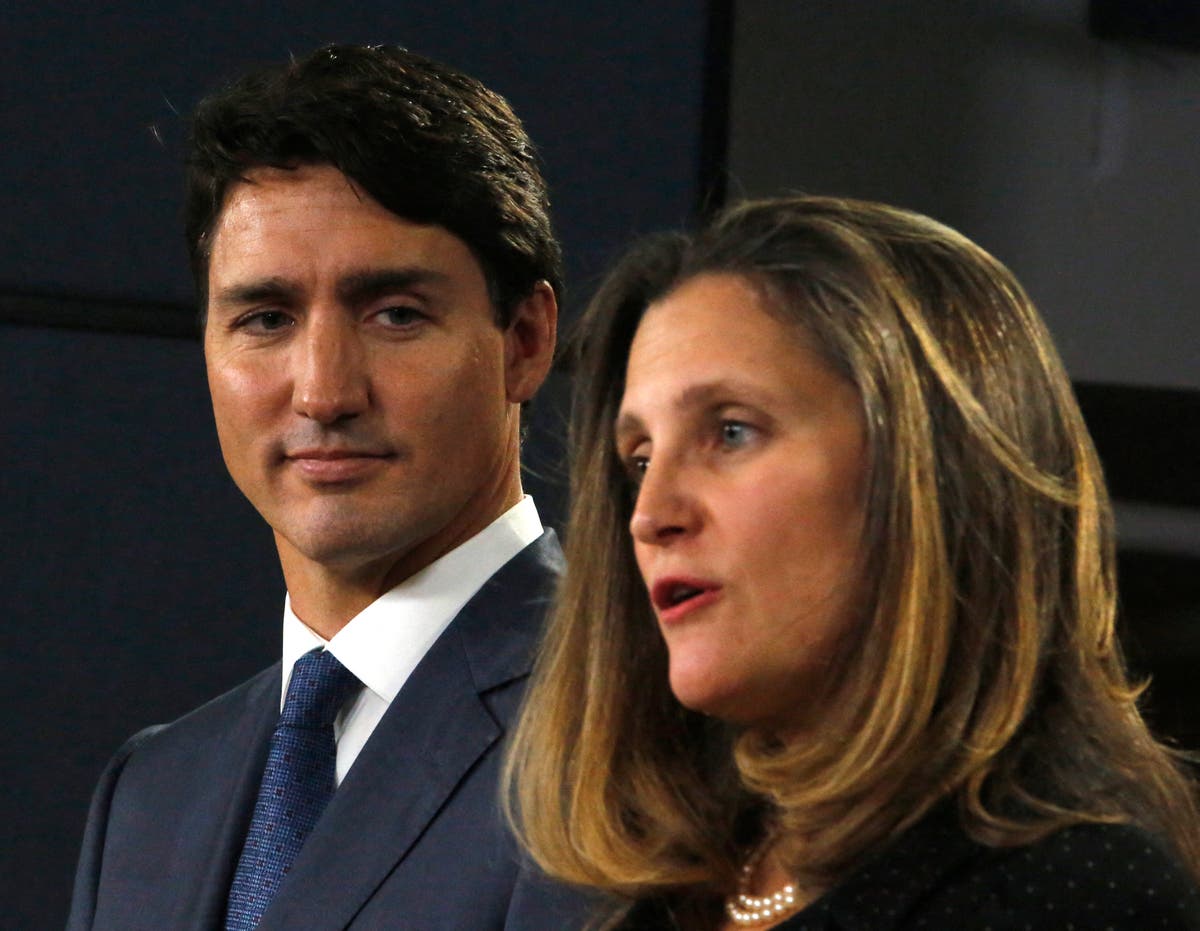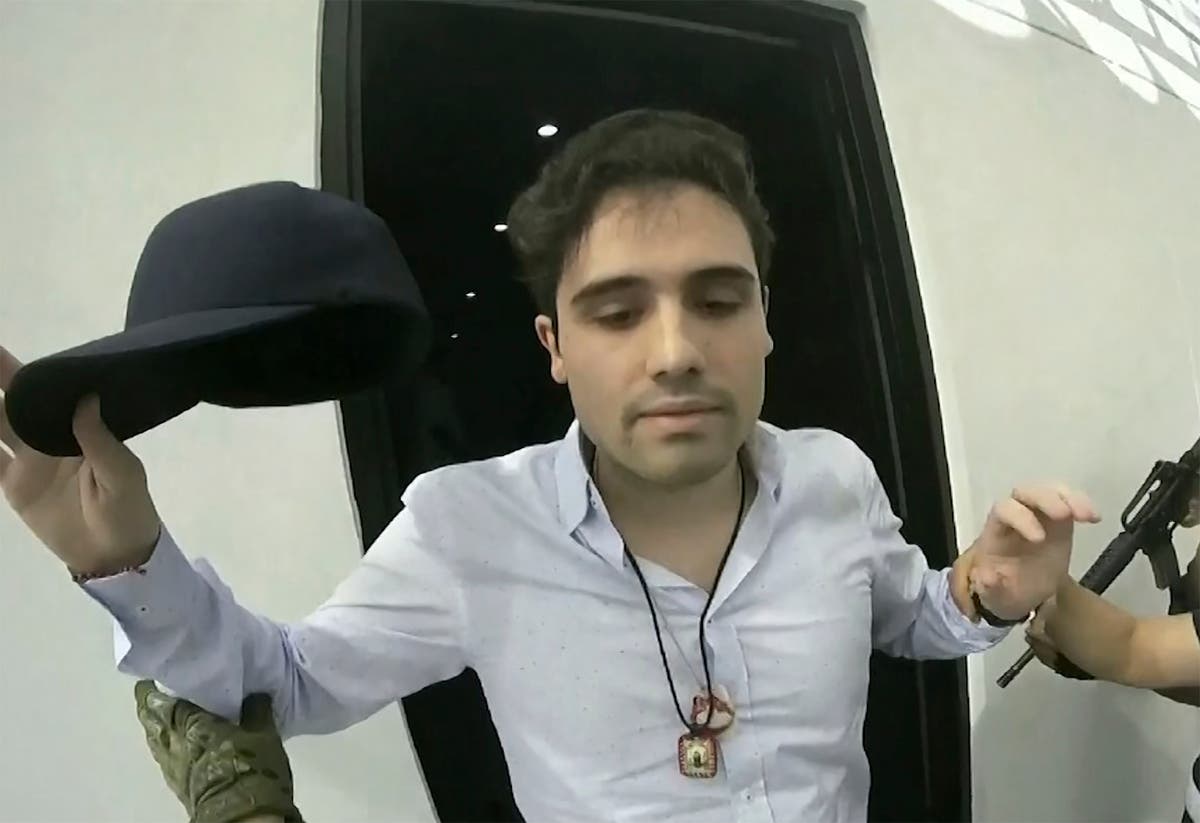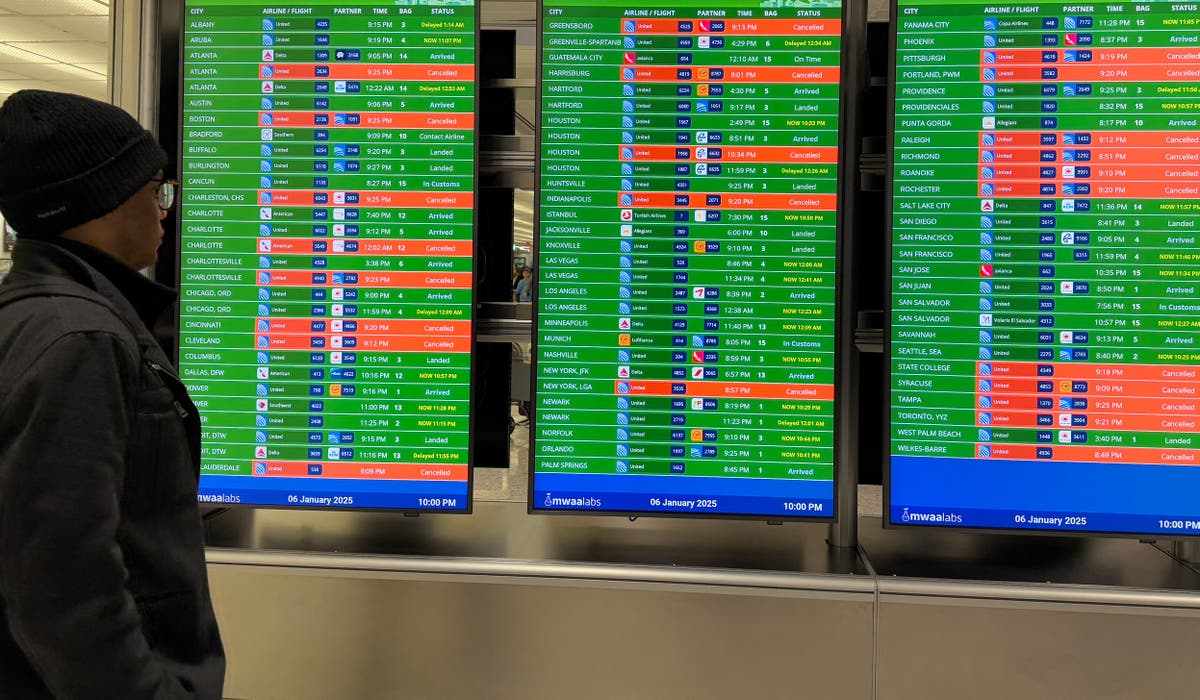Canadian Prime Minister Justin Trudeau announced his resignation Monday, citing internal party struggles. His departure follows the shock resignation of former Deputy Prime Minister Chrystia Freeland, who left the cabinet last month.
Trudeau's statement alluded to disagreements with Freeland, a long-time ally, on the best course of action for the country, particularly concerning the potential economic ramifications of US tariffs. Freeland's resignation letter explicitly highlighted concerns about the economic impact of the proposed tariffs, characterizing them as a significant threat.
In a press conference, Trudeau acknowledged Freeland's contributions but indicated he had hoped for her continued service, particularly in addressing pressing economic challenges. He declined to elaborate on private conversations with Freeland.
While Trudeau emphasized the government's commitment to protecting Canadians' interests, his resignation and the upcoming leadership contest raise questions about the government's short-term focus. The government will continue to address the current challenges while the leadership transition unfolds.
Despite the transition, Trudeau reiterated the government's commitment to upholding the interests of Canadians. Freeland, in a brief statement, wished Trudeau well.







